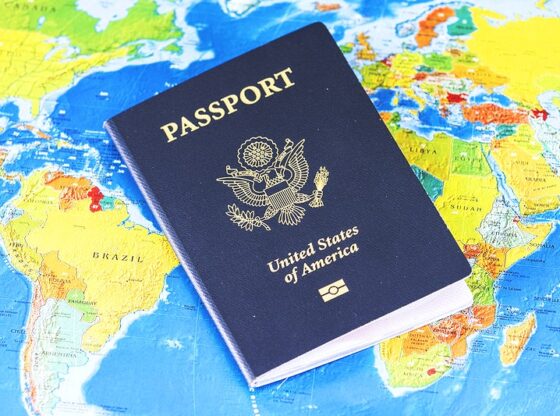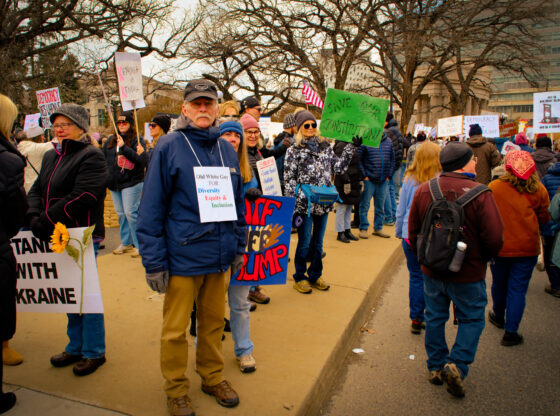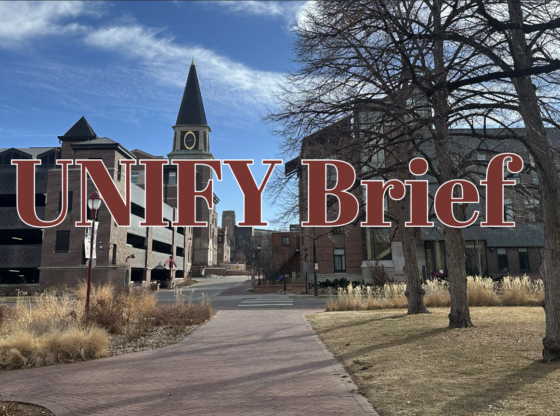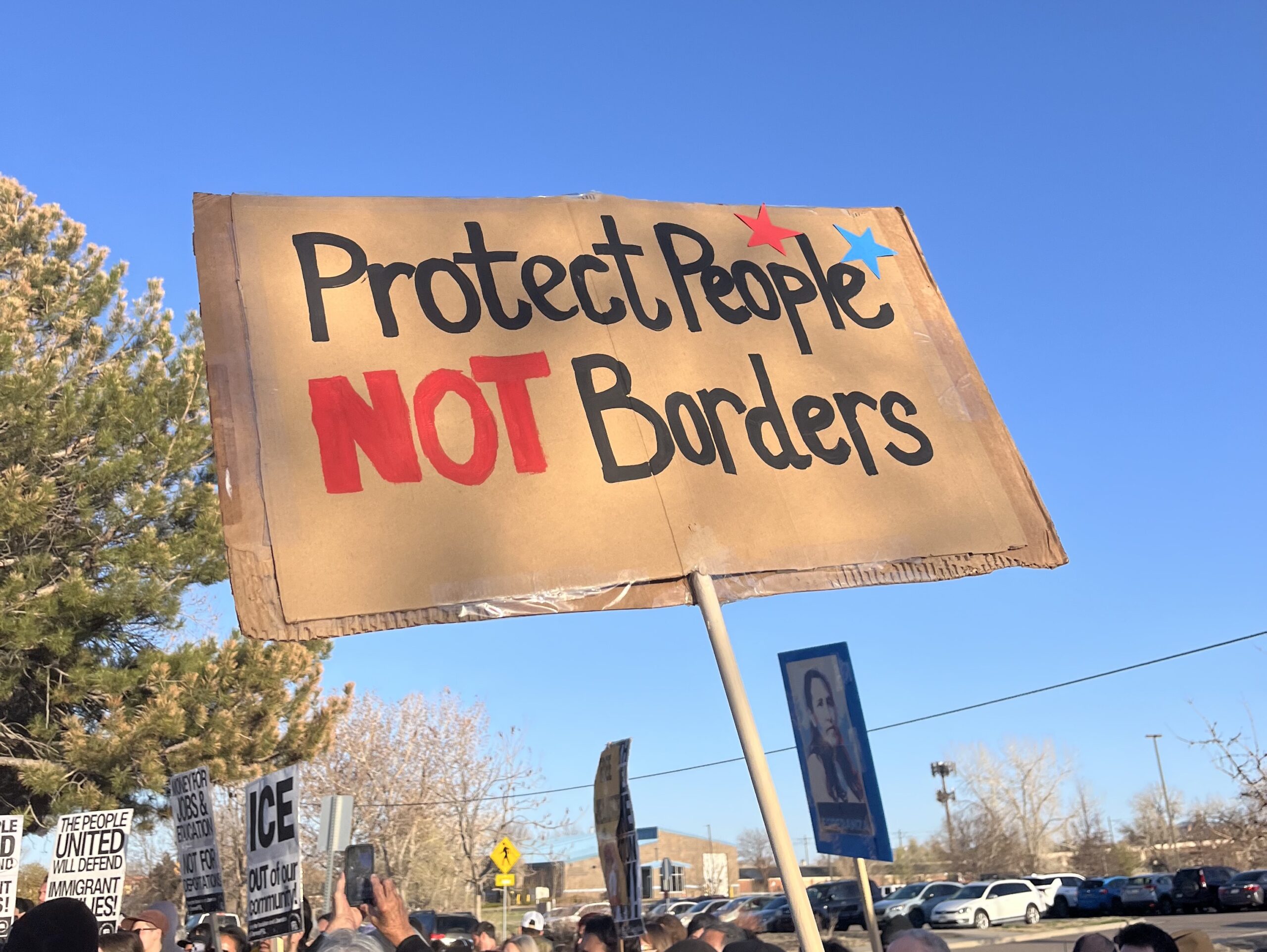In his last days in office, former President Trump’s administration rushed through a series of federal executions. Trump oversaw over 13 executions since July, and five of those were leading up to now President Joe Biden’s inauguration. The executions exceeded the number of total executions from all 50 states combined. It is worrying pattern because the death penalty has a history of targeting minoritized groups.
Minoritized groups, specifically Black Americans, disproportionally fall victim to capital punishment. According to the New York Times, “defendants convicted of killing white victims were executed at a rate 17 times greater than those convicted of killing Black victims.”
How can the U.S. uphold this flawed punishment when it perpetuates racial injustice? The murder of Black victims is treated as less important than that of white victims. This makes the entire system inherently unfair. The reality is that many of America’s institutions have deep roots in racism. The criminal justice system is not an exception; in fact, it directly perpetuates the racist system that created it.
According to the NAACP, “The criminal justice system is heavily impacted by the bias of police mentality, as well as outdated judicial precedents. It is largely driven by racial disparities, which directly obstruct and deconstruct our minority communities.”
The NAACP conducted research studies with information ranging from 2017-2020 to show these disparities. They discovered that although more white people are killed by police, Black people are disproportionately impacted. White people make up over 60% of the population but only 41% of fatal police shootings. Black Americans make up 13.4% of the population, but 22% are victims of fatal police shootings.
African Americans are also sentenced to death at a greater rate than any other race. Last year, Black Americans made up 35% of those issued death sentences despite making up 13% of the population. One of the men who was executed this year was Dustin Higgs. His original execution day caused social backlash as it was set to occur on Dr. Martin Luther King Jr.’s birthday. Many people argued that killing a Black man on that date would dishonor King.
King’s son, Martin Luther King III, spoke on this in an article for the Washington Post. He said, “My father also recognized ‘the severity and inequality’ of the death penalty. He spoke out against the disproportionate execution of young Black men, often barely older than children at the time of their crimes, whose punishments were surely influenced by their skin color.”
Dustin Higgs’s sentencing is highly questionable in itself. It is an exact example of the racial injustices found in the U.S. judicial system. His friend Willis Haynes was the one who pulled the trigger and murdered all three victims. However, Haynes was sentenced to life in prison without the possibility of parole while Higgs was sentenced to death.
To make matters worse, Higgs contracted COVID-19 while in prison. His lawyers argued that the lethal injection would be equivalent to “drowning akin to waterboarding” because of his virus-related lung complications.
Higgs was executed.
Dustin was the last of the 13 people sent to be executed. Prior to his execution, Corey Johnson underwent the same treatment during his trial. He had caught COVID-19, and his lawyers explained to the prosecution that the lethal injection combined with the pulmonary trauma Johnson had undergone would be extremely agonizing. The judge did not consider this factor or the fact that Johnson had a series of IQ tests done as a child that categorized him as mentally disabled. The court violated his rights by following through with the execution. Marginalized groups continue to be victims of such a heartless court system.
Despite public discontent and being banned in 22 states, it is still legal at the federal level. This cannot go on any longer. Politicians hold the power to change laws, and people can influence this change. Look up your state representative and contact them directly. Sending in a letter and voicing your opinion is important to bring awareness to the issue. Donate to organizations taking legal actions against the death penalty such as the National Coalition to Abolish the Death Penalty.
By speaking out, citizens can abolish unjust capital punishment that targets marginalized groups. The death penalty is a representation of the racial injustices in America, and upholding it would be against the constitution.












